Comprehensive assessment of sustainability indicators for public transportation system including pedestrians and feeder services: A case study of Delhi
AMIT DAHIYA, Civil Engineering Department, India
RAVINDRA KUMAR and ERRAMPALLI MADHU, Central Road Research Institute, India
SANJEEV SINHA, National Institute of Technology Patna, India
Purpose: The purpose of this paper is to estimate comprehensive sustainability indicator for Public Transportation System Including Pedestrians and Feeder Services.
Design/methodology/approach: Sustainable transportation related indicators were initially selected for public transportation system (namely for metro, bus and feeder bus) and pedestrians based on past researches. Subsequently, other important indicators have been added to achieve significant sustainability score and a total of 17 indicators were selected for assessment of comprehensive sustainability (seven indicators under Economic, six under Social and four under Environmental categories).
Findings: A hybrid approach based on the Analytical Hierarchy Process (AHP) is considered for assessment of the Sustainability of Public Transportation System including pedestrians and feeder services, For which, specific user interview surveys are performed in South Delhi region and accordingly operational characteristics of the public transport system were also collected.
Originality/value: AHP method is applied for rating the criteria and setting out the priority of designed sustainable indicators. Subsequently sustainable mitigation measures and scenarios for the study area can be evaluated utilising developed comprehensive sustainability indicator for Public Transportation System Including Pedestrian and Feeder Services.
Keywords: sustainable public transportation system; Analytical Hierarchy Process; AHP; sustainability
